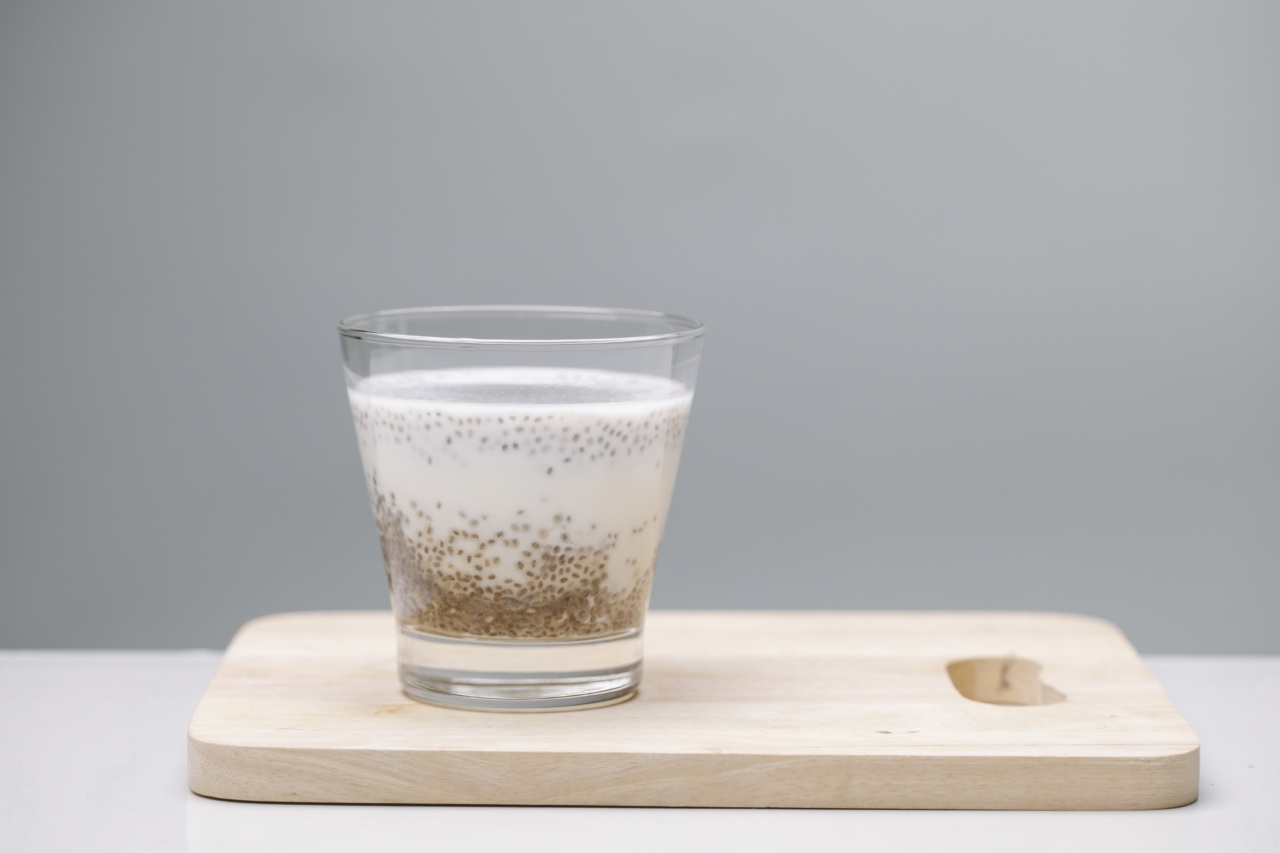Cow’s milk allergy is one of the most common food allergies in babies. It occurs when a baby’s immune system reacts to the proteins in cow’s milk.
Many babies with cow’s milk allergy have to switch to a hypoallergenic formula or breast milk and follow a hypoallergenic diet as they begin to eat solid foods. One concern for parents is whether a hypoallergenic diet can provide all the essential nutrients for their baby’s growth and development.
In this article, we will explore the essential nutrients needed for a baby’s health and whether they can be obtained from a hypoallergenic diet.
What are the essential nutrients for babies?
Babies need a variety of essential nutrients for their growth and development. These essential nutrients include:.
- Protein
- Fat
- Carbohydrates
- Vitamins
- Minerals
These nutrients are crucial for a baby’s development. They help build strong bones and muscles, support the immune system, and promote brain development.
Hypoallergenic formula for babies with cow’s milk allergy
Many babies with cow’s milk allergy need to switch to a hypoallergenic formula. These formulas are made using proteins that are broken down into smaller pieces, so they are less likely to trigger an allergic reaction in babies.
Some hypoallergenic formulas are made using hydrolyzed casein, while others are made using hydrolyzed whey or amino acid-based formulas.
Hydrolyzed casein formulas are partially hydrolyzed, meaning that the proteins are broken down into smaller pieces, but there are still some intact proteins remaining.
Hydrolyzed whey formulas are more extensively hydrolyzed, so there are fewer intact proteins. Amino acid-based formulas are made using individual amino acids and do not contain any intact proteins.
Studies have shown that hypoallergenic formulas can provide all the essential nutrients necessary for babies with cow’s milk allergy. Some formulas even contain additional nutrients, such as prebiotics and probiotics, to support digestive health.
Hypoallergenic diet for babies with cow’s milk allergy
As babies with cow’s milk allergy start to eat solid foods, they will need to follow a hypoallergenic diet. This may involve avoiding foods that contain cow’s milk protein, such as cheese, yogurt, and ice cream.
It may also involve avoiding foods that are commonly associated with food allergies, such as nuts, eggs, and soy.
Parents can work with their pediatrician and a registered dietitian to develop a meal plan that meets their baby’s nutritional needs. They may also need to introduce new foods one at a time to identify any potential food allergies.
Despite the restrictions on certain foods, a hypoallergenic diet can provide all the essential nutrients for a baby’s growth and development. There are many alternative sources of protein, such as meat, fish, and legumes.
There are also many alternative sources of vitamins and minerals, such as fruits and vegetables.
Monitoring your baby’s growth and development
It is important to monitor your baby’s growth and development when following a hypoallergenic diet. You should consult with your pediatrician regularly to ensure that your baby is getting all the essential nutrients they need.
Your pediatrician may also recommend supplements, such as a multivitamin, to ensure that your baby is getting all the necessary nutrients.
Conclusion
A hypoallergenic diet can provide all the essential nutrients for a baby’s growth and development, even if they have cow’s milk allergy.
Hypoallergenic formulas are designed to provide all the necessary nutrients for babies with cow’s milk allergy, while a hypoallergenic diet can provide alternative sources of protein, vitamins, and minerals. Parents should work with their pediatrician and a registered dietitian to develop a meal plan that meets their baby’s nutritional needs. Regular check-ups with your pediatrician can ensure that your baby is growing and developing properly.





























